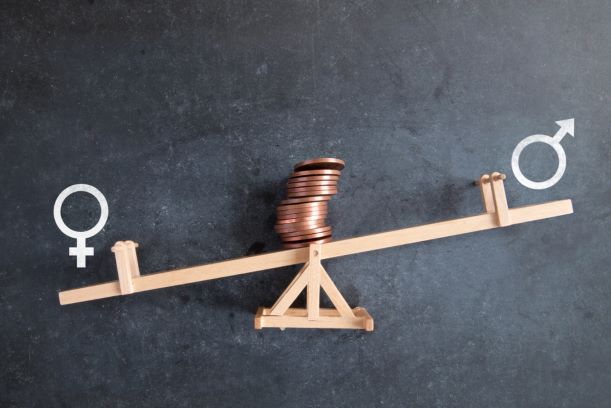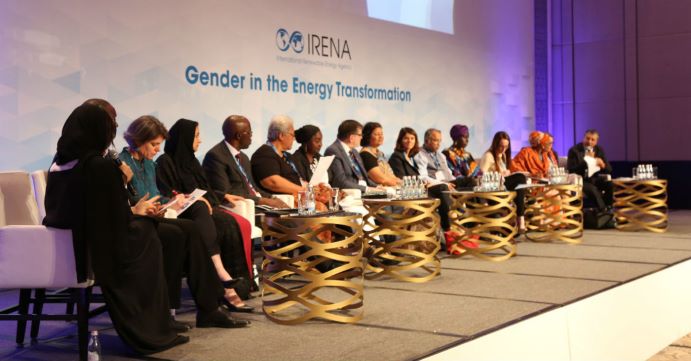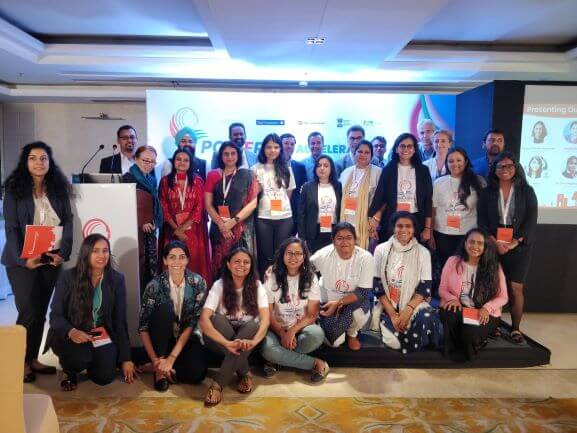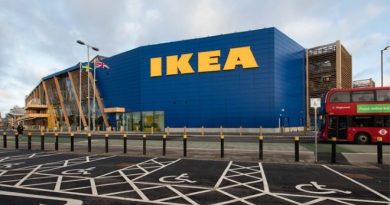Kochi Metro’s Progressive Strides in RE and Gender Inclusivity
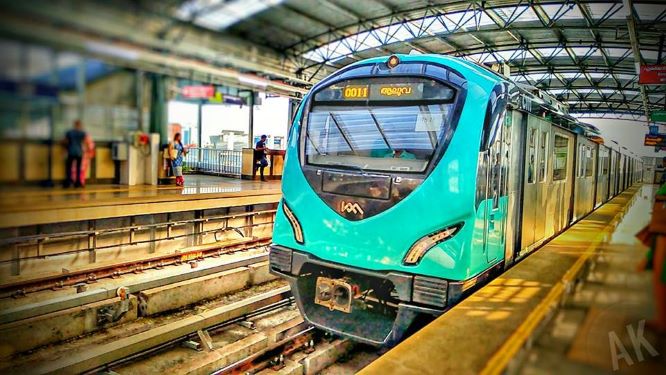 India Railways is set to start 35 hydrogen-run trains.
India Railways is set to start 35 hydrogen-run trains.
Renewable Energy
Kochi Metro Rail Limited (KMRL) is set to source 40% of its power requirements from solar energy, for which it will commission a 2,719-kW capacity solar farm located on the marshy land abutting the metro coach maintenance yard at Muttom on Monday. The new solar panels have been placed in an area of four hectares adjacent to the yard.
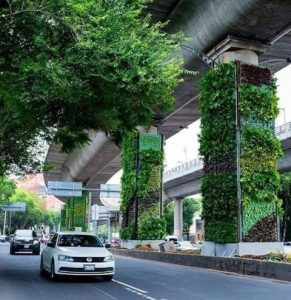
For over a year, the metro agency has sourced another 2,719 kW of power from solar panels installed on top 13 metro stations and at the yard. Now there are plans to install more solar panels at stations, especially over test tracks.
The combined 5,438-kW power will result in the KMRL relying 10% less on power supplied from the KSEB substations at Kalamassery and Kaloor. These efforts will enhance the reliance on solar power to 60% by 2020. At present, KMRL produces 5,389 kW electricity from its plant at Muttom and the solar panels erected over 13 metro stations.
KMRL also has plans to source power from a solar farm for the fleet of 78 ferries that will be procured for the Water Metro project.
Gender Inclusivity
On another positive note, Kochi Metro is changing the status quo in the state. It has become one of the few metro services providers that have put women and for the first time transgenders on their employee rolls. An army of women make up about 80% of the 1,300-strong metro workforce. These include jobs in cleaning to senior management roles. On four of the Kochi’s metro stations, passengers can go into a special cubicle to breastfeed their babies.
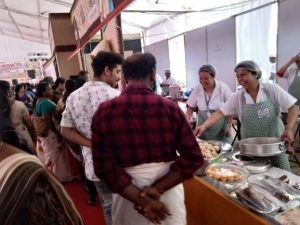
This sensitivity typifies many of the state-owned metro’s policies. It was an unusual infrastructure project from the outset. In a country where projects routinely run over budget and break deadlines, the metro was completed within the agreed cost and time constraints. It already uses solar power for 30% of its energy needs, and more than 200 of the pillars dotted around the station have been turned into vertical gardens with the use of compost made from municipal waste.
In a move to give further jobs to women, the metro joined up with a women’s collective called Kudumbashree to supply meals.
Women cook lunches in their homes and, traveling on the metro, deliver the meals in steel “tiffin” boxes (to avoid plastic) to metro employees at various stations.
The metro’s policies stem from a wider progressive ethos and high literacy rates that is perhaps unique to Kerala.
The Kerala State metro provides us a glimpse of what inclusive policies in terms of both sustainability and equality on the ground looks like. We can take a leaflet out of its book and learn how to mix both and apply elsewhere to get impressive results.

